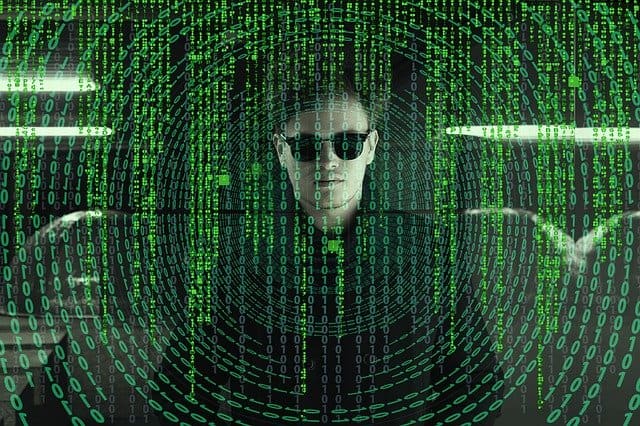There is a 50% chance that we will live in a simulated reality, a paper published in the most recent issue of the journal Scientific American says.
“The posterior probability that we are living in base reality is almost the same as the posterior probability that we are a simulation—with the odds tilting in favor of base reality by just a smidgen,” explains Anil Ananthaswamy, author of the paper.
Among the evidence he uses to support his claim, the journalist specializing in scientific sources draws the conclusions of an article by Nick Bostrom, a Swedish philosopher at Oxford University, in 2003, where he sets out a scenario in which reality is made up of virtual beings generated by a computer.
Bostrom assumes that, in this situation, at least one of the following three claims is false: 1. Humanity is always extinguished before developing the capacity to develop a simulation of reality; 2. If it were to achieve that capacity, humans have no interest in simulating their own ancestral past; 3) The probability that we are living within a simulation is close to one.
“It follows the belief that there is a significant possibility that we will one day become posthumans running ancestor simulations is false, unless we are currently living in a simulation,” quotes Ananthaswamy.
Similarly, the journalist recovers the conclusions of a study carried out by astronomer David Kipping, from Columbia University. Based on Bostrom’s argument, the scientist calculated the probability of an event called ‘posterior probability’, based on an assumption about the object in question and assigning it a ‘prior probability’.
Likewise, he grouped the first two Bostrom postulates into a single dilemma, considering that, in both cases, the end result is that simulations are excluded. The two resulting scenarios indicate a physical hypothesis (without simulations), as well as another hypothesis of the simulation (there is a base reality and also simulations).
Kipping took into account that the physical hypothesis is a reality that does not generate new realities, although, in the case of the simulation hypothesis, most simulated realities are also not created, since, with each new simulation within another, the supposed real-world supercomputer would at some point deplete its resources.
By applying all these reasonings to a Bayesian formula, which allows us to calculate the probability of an event, Kipping concludes that the scenario in which we live a true reality is only more likely than that of a virtual world.
The simulation theory became widely known after the release of the movie Matrix (1999), however, Ananthaswamy recalls that Plato speculated on the same possibility centuries ago.
Similarly, it highlights that the director of Tesla and founder of SpaceX, Elon Musk, is one of the best-known supporters of Bostrom’s proposals, considering that the probabilities that we are not simulated are “one in billions”.
